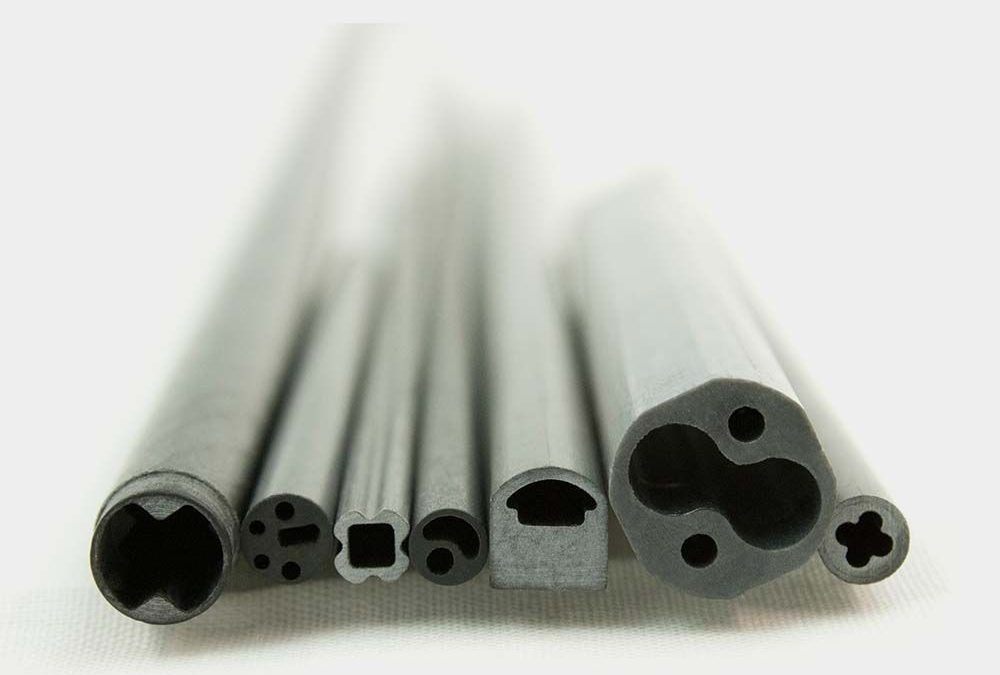INTRODUCTION
Stainless steel has been an industry standard for decades because of its rigidity and price point. However, stainless steel has plenty of drawbacks, including inherent conductivity, electromagnetic interference, and lack of physical flexibility. Composite shafts disrupted this trend more than 40 years ago and continues to surpass steel in almost every category.
Polygon’s multi-use custom composite medical shafts combine naturally insulative properties with the resiliency to perform minimally invasive surgical procedures with confidence. Polygon originally created medical tubing for laparoscopic prostate procedures in the 1980s. More than 75 million devices later, it’s a trusted choice among surgeons in almost every minimally invasive surgery niche.
Here are five reasons why Polygon’s composite shafts outperform stainless steel:
- Conductivity – Polygon’s composite medical shafts are inherently electrically safe. Steel is highly conductive and therefore much more dangerous when used in energized operations, while our composite tubes are naturally insulated. Steel tubing can be made safer by adding insulation to the interior of the shaft, but it becomes much more expensive and adds the possibility that the insulation will fail and create high risk of shock.
2. Electromagnetic Transparency – Stainless steel shafts will show up on imaging during procedures and can impede a surgeon’s vision. Polygon composite shafts are naturally radiolucent, so fluoroscopes can image through the tube itself and the composite makeup of the tube will not hinder electronic devices.
3. Material Resiliency – Composite materials need to maintain similar or improved characteristics of stainless steel to be competitive, and Polygon medical tubing does just that. With a wall as thin as 0.008” and rigidity that can be customized to any application, our composite products beat out stainless steel every time. Physically having to bend a shaft to a certain degree during an operation can curve a steel shaft beyond usability fairly easily, while composite tubes maintain their structure.
4. Thermally Insulative – Polygon medical shafts are naturally thermally insulated, meaning they are more comfortable to the touch when running energy or hot/cold liquid through the shaft. Stainless steel tubing is thermally conductive, so they are always hot or cold to the touch while in certain active operations.
5. Customization – Behind Polygon medical tubing stands an extraordinary design and engineering team ready to custom tailor your composite shaft to meet almost any specification. This includes multilumen capabilities, meaning that multiple “holes” can be machined into a single shaft so that multiple instruments can be used through that shaft. Stainless steel requires several extra components to create multiple lumens, increasing the cost and the complexity of the shaft while creating more possible failure points.

